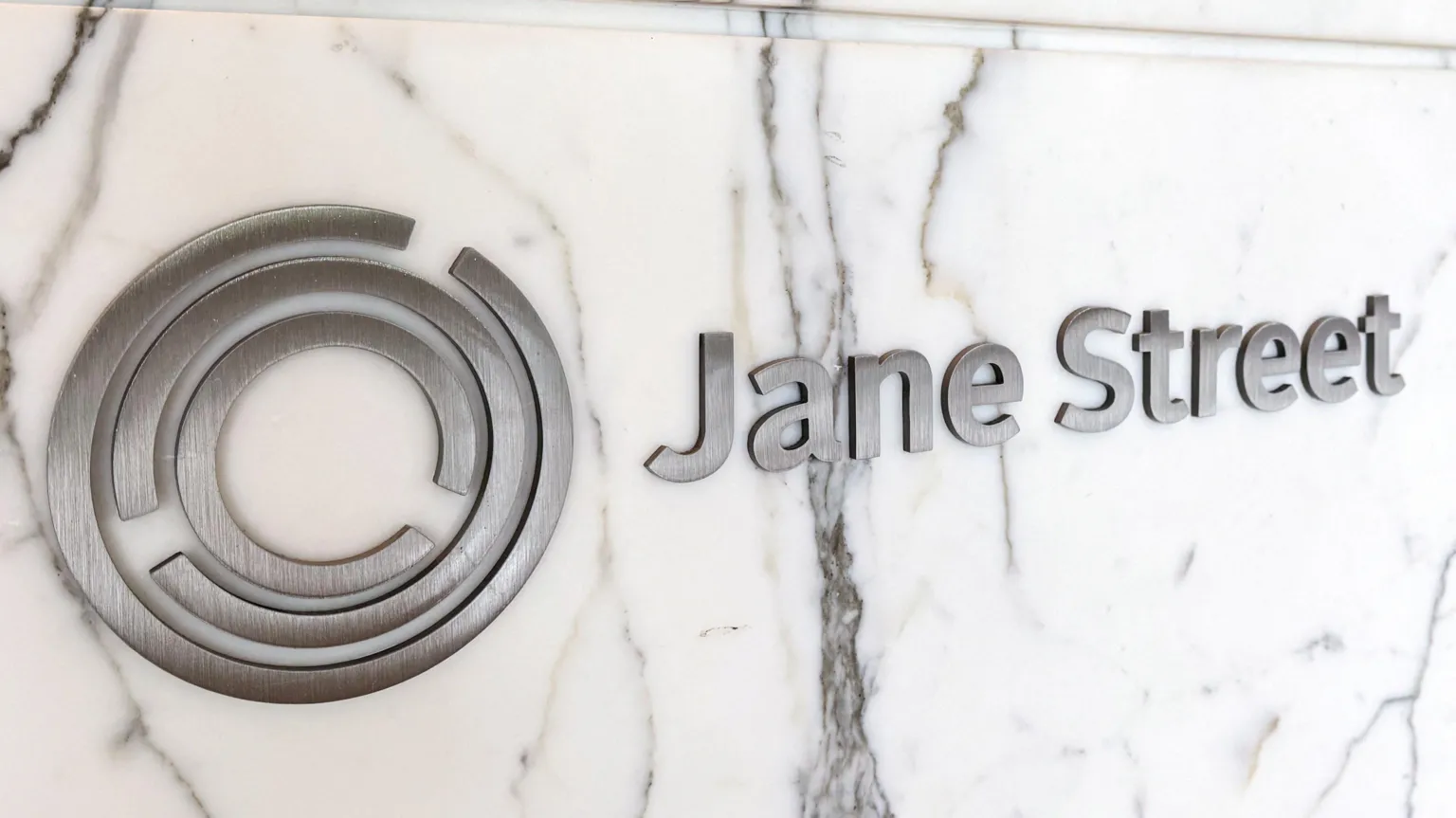
Why Jane Street, a US trading giant, is in trouble in India
New York based trading giant Jane Street has been in the eye of a storm over the past few weeks after India’s market regulator banned it from the securities market.
The regulator Securities and Exchange Board of India (Sebi) has accused Jane Street of indulging in a “sinister scheme”, alleging that its “manipulation” of India’s stock market has led to small investors trading at “unfavourable and misleading prices”.
Jane Street has not responded to the BBC’s request for comment, but according to the Financial Times, the firm has told staff in an internal email that it was “beyond disappointed” by Sebi’s order and planned to challenge it.
So what is Jane Street, and what are they accused of?
What is Jane Street?
Jane Street was founded by a small group of traders and technologists in a tiny New York office. It is a quantitative trading firm which uses mathematical models and algorithms to decide trading strategies.
The company has more than 3000 employees who trade in a broad range of asset classes across 45 countries. According to the Financial Times, the firm accounted for over 10% of North America’s equity trading volume in 2023, making it a significant player on Wall Street.
What is Jane Street accused of doing?
India’s stock market has two main segments. The cash market is where investors buy and sell actual shares of companies, owning a piece of the business. And the derivatives market is where traders use tools like futures and options to bet on stocks or commodities, without owning the underlying shares.
Sebi claims the suspicious trading activity by Jane Street happened on India’s Bank Nifty index which tracks the performance of 12 large Indian banks.
The regulator alleges that Jane Street operated in both the cash and derivatives market through different entities.
So on a very basic level what is alleged is, one entity bought large quantities of bank shares – pushing up the price of Bank Nifty when the market opened in the morning.
Simultaneously, it’s claimed, the second entity would bet on the decline in Bank Nifty’s value in the derivatives market.
On the day of expiry – when the contracts are settled in the derivative market – as the trading session inched towards close of day, Jane Street, it’s claimed, dumped the bank shares it bought in the cash market, causing the bank index price to plunge. This, in turn, would pay off the bet taken by its other entity in the derivatives market on a decline in prices, Sebi says.
“Such a trade is called ‘marking the close’ which is considered illegal even in the US,” says Deepak Shenoy, CEO, Capitalmind Asset Management Pvt Ltd in Bengaluru city.
Mom and pop investors lost money because during the day they’d bought shares at higher levels, as they were pushed up because of the big volumes bought by Jane Street.











